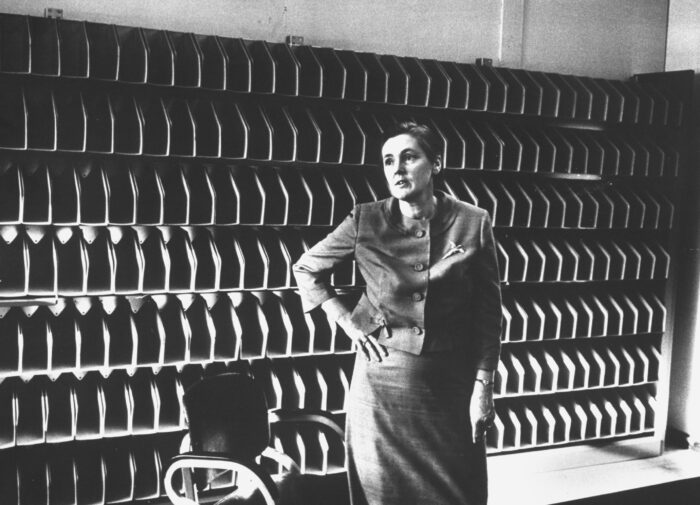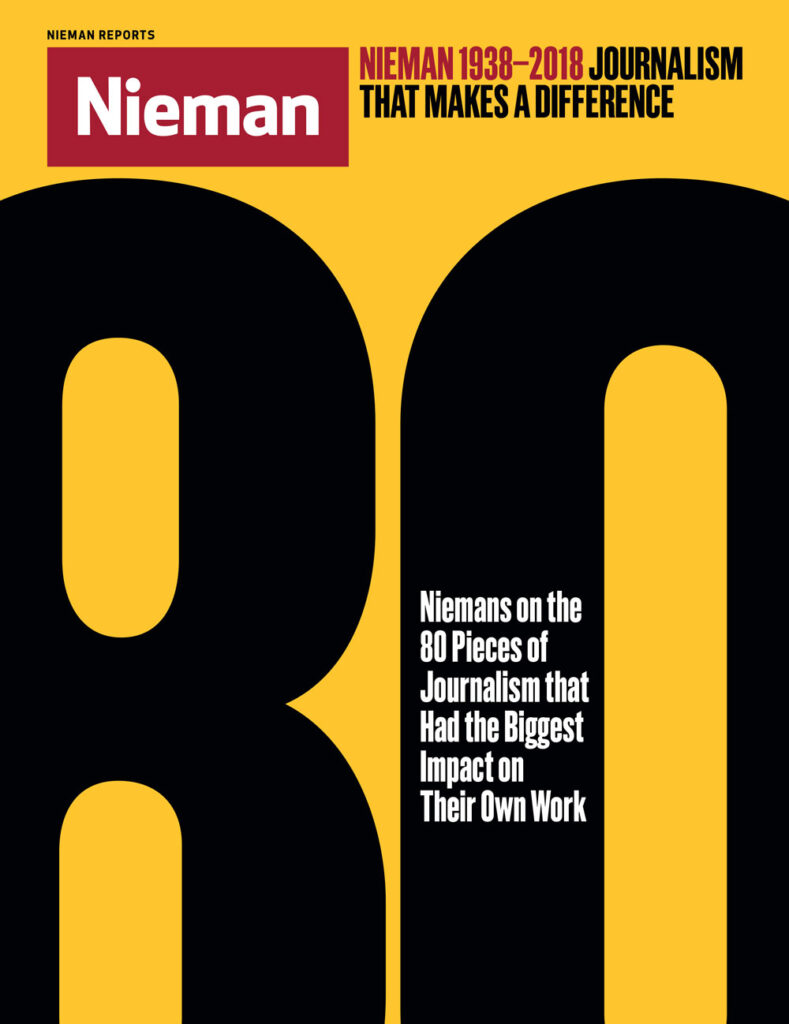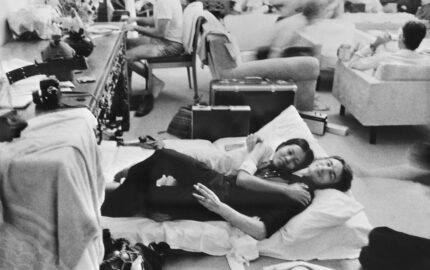I began in journalism at The University of Michigan student newspaper and became a fan of investigative journalist I.F. Stone’s weekly newsletter and the way he mined government documents to break stories. After 12 years at two St. Louis newspapers, I moved on to The Washington Post, which, in the summer of 1962, published my story about how “the skepticism and stubbornness” of Dr. Frances Oldham Kelsey, a Food and Drug Administration medical officer, “prevented what could have been an appalling American tragedy.”
Eight months after the application for marketing thalidomide was filed with the Food and Drug Administration, the terrible effects of the drug abroad were widely reported in this country. Fortunately, Kelsey had blocked its introduction here.
My story led to greatly heightened recognition among the press and public of the need for sustained government regulation of the pharmaceutical and medical device industries, as well as the need for congressional oversight of that regulation. The story and the reaction it elicited led me to focus on the safety of not only pharmaceuticals but medical devices and tobacco.
‘Heroine’ of FDA Keeps Bad Drug Off Market
By Morton Mintz
The Washington Post, July 15, 1962
This is the story of how the skepticism and stubbornness of a Government physician prevented what could have been an appalling American tragedy, the birth of hundreds or indeed thousands of armless and legless children.
The story of Dr. Frances Oldham Kelsey, a Food and Drug Administration medical officer, is not one of inspired prophesies nor of dramatic research breakthroughs.
She saw her duty in sternly simple terms, and she carried it out, living the while with insinuations that she was a bureaucratic nitpicker, unreasonable—even, she said, stupid. That such attributes could have been ascribed to her is, by her own acknowledgement, not surprising, considering all of the circumstances.
What she did was refuse to be hurried into approving an application for marketing a new drug. She regarded its safety as unproved, despite considerable data arguing that it was ultra safe.




